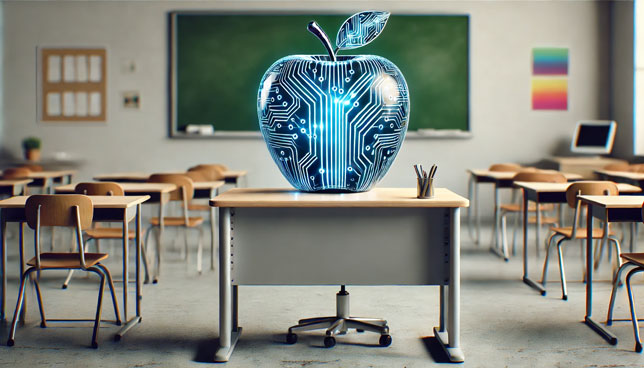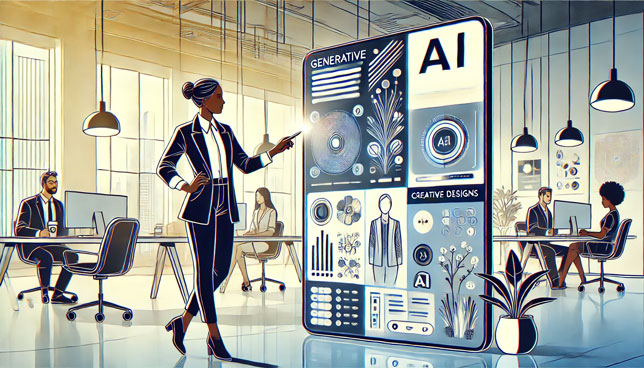
According to a new report from SnapLogic, 50% of enterprises are already deploying AI agents, and another 32% plan to do so within the next 12 months..

A new report points to the fragmented digital landscape of educational apps in use at schools and districts across the country.

A new report from CoSN examines gaps and opportunities in student data privacy at schools and districts across the country.

A new report from the Center for Internet Security highlights the increasing sophistication, frequency, and impact of cyber attacks against K-12 schools.

In a survey of parents with children aged 8 or younger, nearly a third of respondents (29%) said their child has used AI for school-related learning, according to a new report from Common Sense Media.

Eighty-five percent of organizations today are utilizing some form of AI, according to the latest State of AI in the Cloud 2025 report from Wiz. While AI's role in innovation and disruption continues to expand, security vulnerabilities and governance challenges remain pressing concerns.

The Southern Regional Education Board's Commission on AI in Education has published six recommendations on adopting artificial intelligence in schools, colleges, and universities. The guidance marks the commission's first release since it was established last February, with more recommendations planned in the coming year.

A new study on how knowledge workers engage in critical thinking found that workers with higher confidence in generative AI technology tend to employ less critical thinking to AI-generated outputs than workers with higher confidence in personal skills.

Hiring and keeping educators and IT staff remains the top challenge for K-12 education in 2025, according to the latest Driving K-12 Innovation Report from the Consortium for School Networking (CoSN).

Actors are changing tactics as they collect less money from ransomware payoffs, according to a new report from Chainalysis, a blockchain analytics firm.